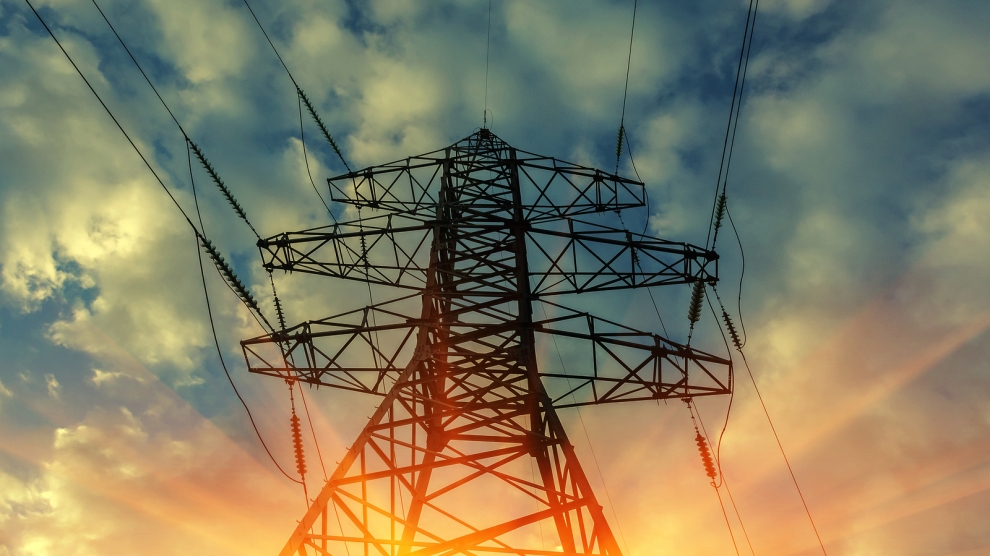Decarbonisation of Poland’s economy is marked by an increasing level of intervention by the country’s government, which will continue to have a decisive influence on the energy sector because of its multiple roles as political agent and main shareholder in the large utilities, US-based international ratings agency Moody’s has said in a report.
According to the ratings agency’s analysts, the Polish government “will likely continue to intervene in the electricity markets as it seeks to mitigate the short-to-medium term impacts of the transition to a low-carbon energy sector.”
“The government’s ‘deep involvement’ in the energy sector inherently creates conflicting interests such as decarbonisation versus security of supply through domestic sources,” the report found, adding that trade-offs can only be mitigated through various types of support while state incentives are expected to be driven by a growing share of utilities’ earnings.
Analysts at Moody’s say that Poland remains “very carbon-intensive compared with most EU members”, since around 80 per cent of the country’s electricity comes from fossil fuels. Decarbonisation in line with targets set by the EU would “involve the rapid reduction or closure of thermal installations and mining operations, so the government steps in to secure supply, avoid unemployment and protect end users from price rises.”
“Given that the Polish utilities’ traditional business model of producing and selling cheaply-generated electricity is being severely disrupted by decarbonisation, we expect government intervention to continue,” said Mark Remshardt, a Moody’s vice president and senior analyst.
Moody’s expects Polish wholesale power prices to vary within a range of 240-280 zloty (55-65 euros) per Megawatt hours through 2022, compared to 180-230 zloty (42-53 euros) per Megawatt hours last year. “This increase reflects the rally in carbon prices, and the expected rise in net thermal capacity versus only a gradual expansion of renewable capacity,” the report said, noting that cheaper imports will also temper energy prices.

